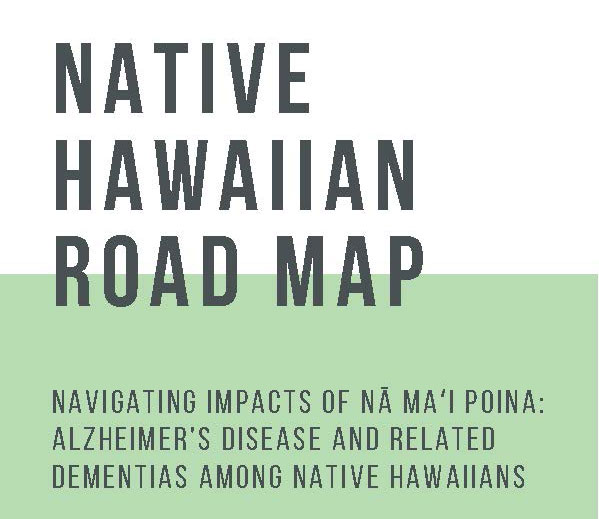Aligned with Papa Ola Lōkahi's commitment to improve the health and well-being of Native Hawaiians and our families, inquiry into the brain health of kūpuna—elders, grandparents, adults 65 and older—and Alzheimer’s Disease and Related Dementias (ADRD) has yielded insightful observations, a rich body of knowledge, and targeted recommendations to agencies that address the interests of elders in Hawai‘i. The welfare of our kūpuna impacts the well-being and resiliency of the entire family.
Intro to POLʻs work in Kūpuna Brain Health
Though Papa Ola Lōkahi’s (POL) work in the area of kūpuna brain health and Alzheimer’s Disease and Related Dementias (ADRD) is recent, it has been working to improve the health and well-being of Hawaiians with the help of its statewide Native Hawaiian Health Systems and community partners for over 30 years. By engaging with the Hawaiian community and conducting research, we learned that people younger than the kūpuna age group [elders, grandparents, adults 65 and older] who are also affected by dementia. For now though, the focus of this project is on kūpuna, but the impacts to the entire Hawaiian family, their resiliency, and value for a high quality of life are the same.
There are many in Hawaiʻi who committed their lives to studying and resolving concerns about ADRD, and we are grateful to those who allowed POL the opportunity to meet and collaborate with them for this project. It is their expertise, learned experiences, and guidance that we use to align our understanding of the impacts of ADRD with a culturally sensitive approach to engage communities, build relationships of trust, increase our understanding of concerns and needs, and document their recommendations. It has been POLʻs sincere aim to share their manaʻo (thoughts, advice) within this Road Map in a way that is respectful to the Hawaiian people while we celebrate their resilience from cultural genocide and the prior threat of extinction.
Intro to Community Meetings and Road Map
The POL Road Map project was supported by a grant from Hawaiʻi’s Executive Office on Aging. It is intended to be a living document that will evolve and grow as new information about ADRD, understandings about impacts to Hawaiians, and perceived needs are updated. The First Edition of the Road Map was submitted to the EOA in December 2022. On February 24, 2023, A Second Edition will be shared with the public via zoom and remain available for viewing and download on this landing page.
This Road Map is groundbreaking because it is the first to discuss the ways that Hawaiians are impacted by dementia, cultural perspectives about this health concern, and recommendations for a public health response. After a successful community engagement process to inform various sections of this document, POL will discern the next steps, plan, and implement action items that align with recommendations that honor the time and mana’o of those who met with us to inform the sections within this document.
During the months of May and June of 2022, meetings were held via zoom for Oʻahu, Kauaʻi, Maui, Hawaiʻi Island, and Molokai. Only one person attended the zoom meeting for Molokai, so POL was invited to do an in-person meeting, which occurred in July with over 50 people at the Molokai Community Health Center. The purpose of the meetings:
- Build relationships with Native Hawaiian communities with the Advisory Board & Traditional Healerʻs Kūpuna Council guidance.
- Discuss POL’s involvement in developing a Native Hawaiian Road Map.
- Gauge what people know about ADRD and gain an understanding of how Native Hawaiians and their families are impacted.
- Develop public health strategies from a Hawaiian perspective.
- Provide recommendations to Hawaiʻiʻs EOA.
With continual funding support, POL would like to have additional meetings with these communities to 1) identify Hawaiian-serving programs that focus on ADRD, and 2) develop specific action steps to address health inequities, shape public policies, and strengthen programs to improve the health and well-being of Native Hawaiians. Meanwhile, these are the top recommendations expressed in the statewide community meetings, with additional recommendations in the island-specific reports (see link below to access):
- Increase early detection and diagnosis.
2. Iterate that there is no cure for ADRD; equip and prepare families so they can live their best quality of life and allow their loved ones to die with dignity.
3. Promote holistic lifestyle changes – healthy diet, minimize stress, increase physical activity, maintain healthy relationships.
4. Develop a toolkit for NH families: holistic end-of-life preparations (not just legal) – mind, body, and spirit; include [Hawaiian Values] a NH perspective of death – circular, not linear.
5. Improve caregiver support to family members and across generations with a focus on a safe environment, finances/compensation, self-care, and education [about the disease and how to be a caregiver].
6. Strengthen collaborations among stakeholders.
7. Implement culturally sensitive and relevant research methods. 8. Increase Hawaiian-specific data (dis-aggregated).
Additional Resources
- Native Hawaiian Road Map, Second Edition
- Island Reports – Each report highlights understandings of ADRD, personal experiences, community strengths, concerns and needs, and communities in practice.
Program Staff
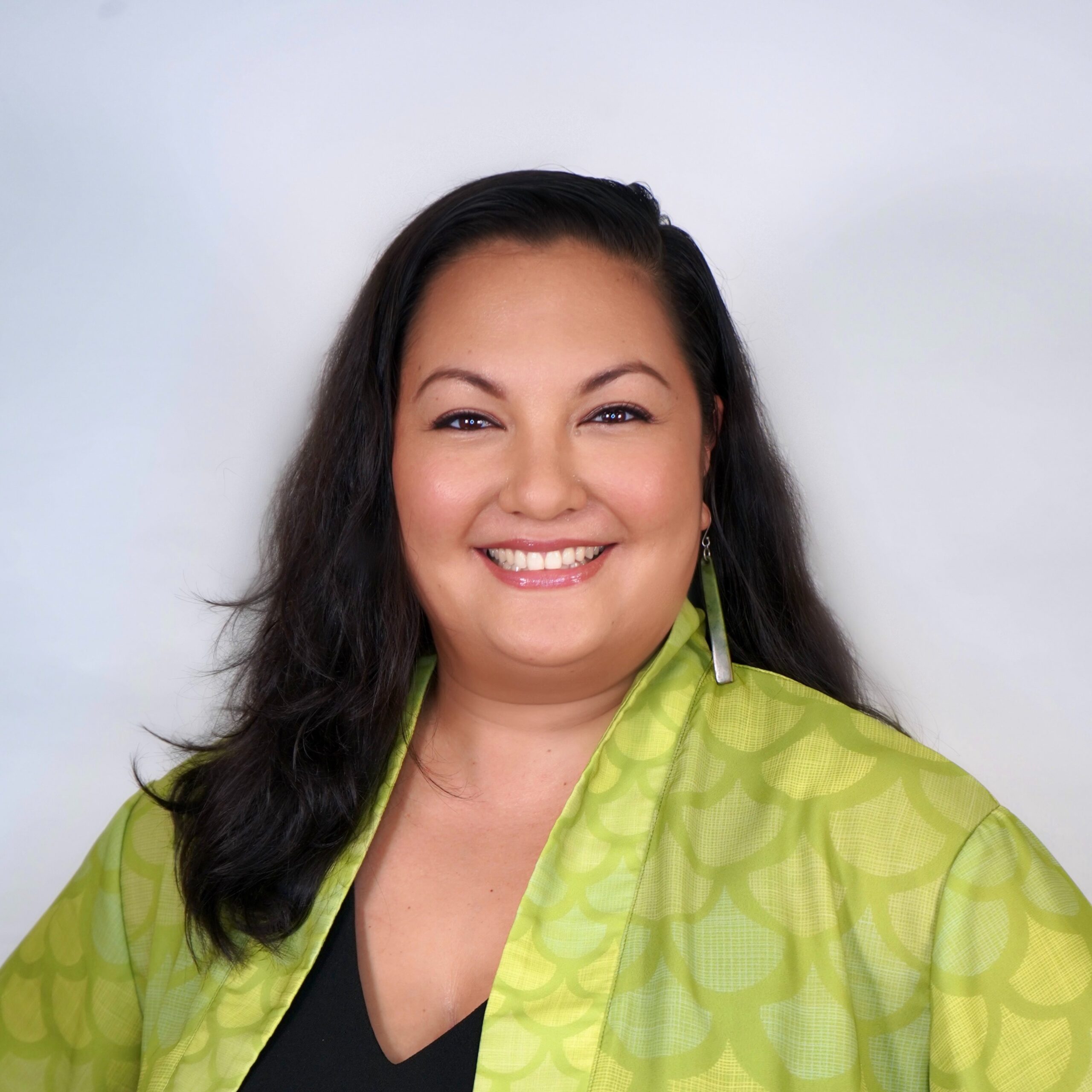
Nāpua Casson-Fisher
she/her/ʻo ia
Director, Community Initiatives
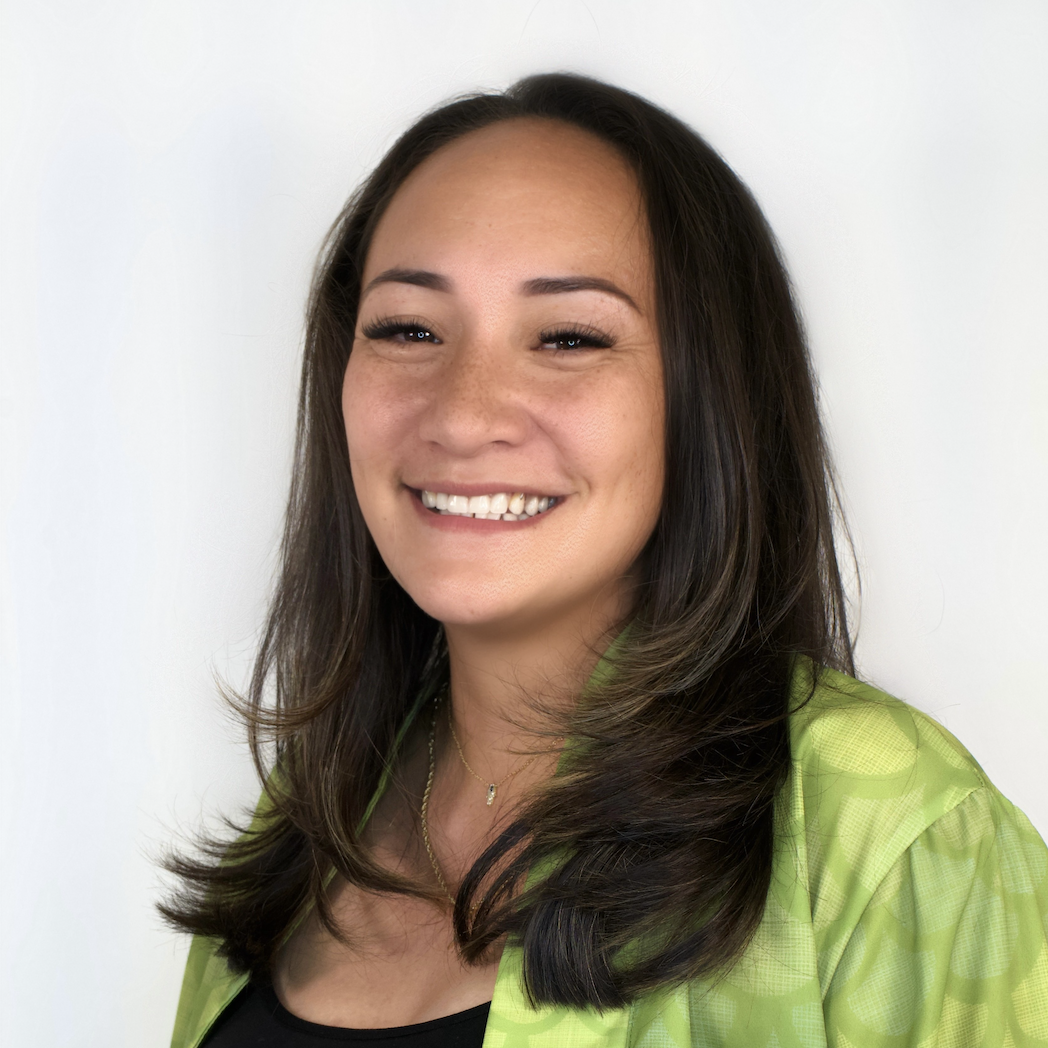
Camille McComas
Program Specialist - Substance Use & Mental Health
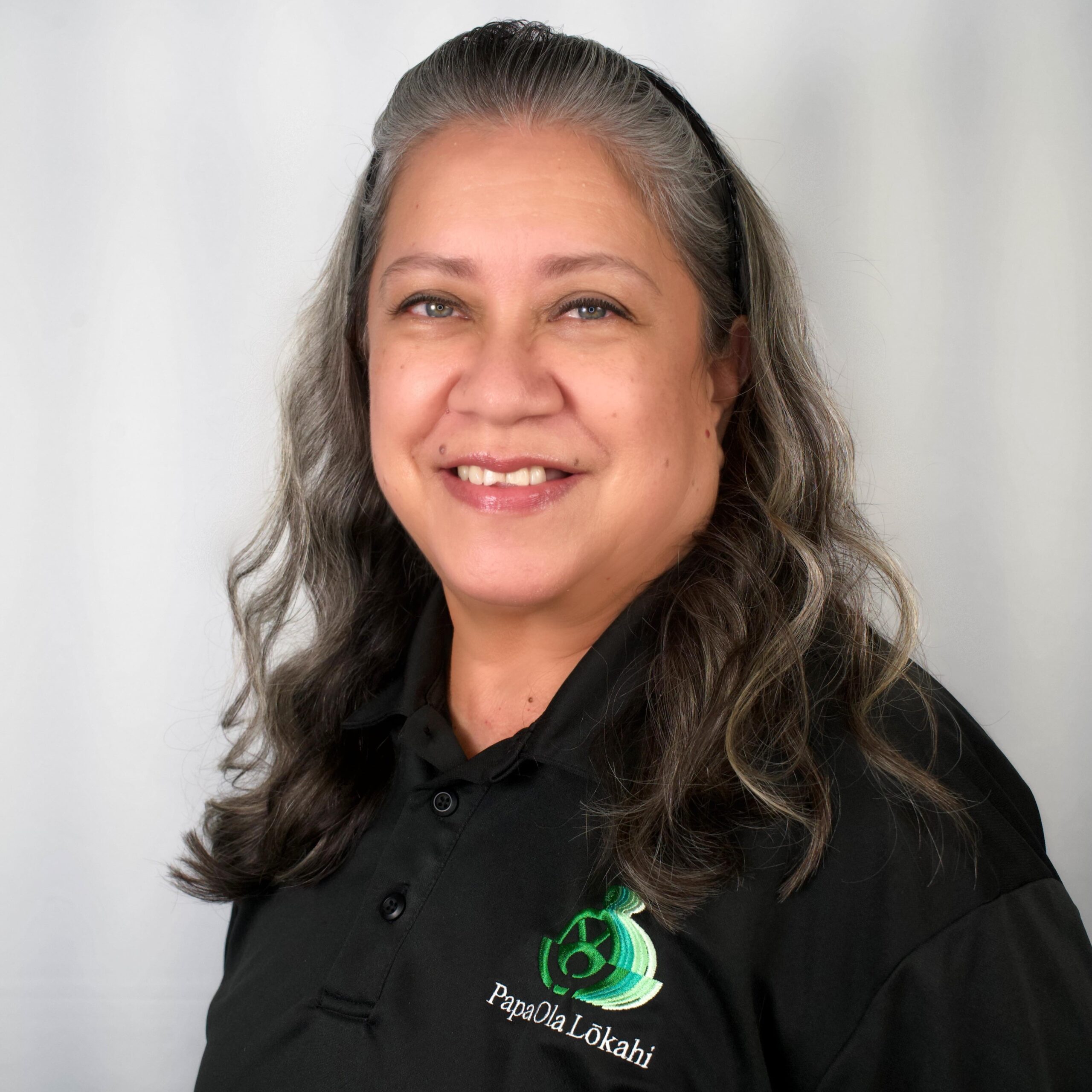
Cathy Ferreira
she/her/ʻo ia
Administrative Support
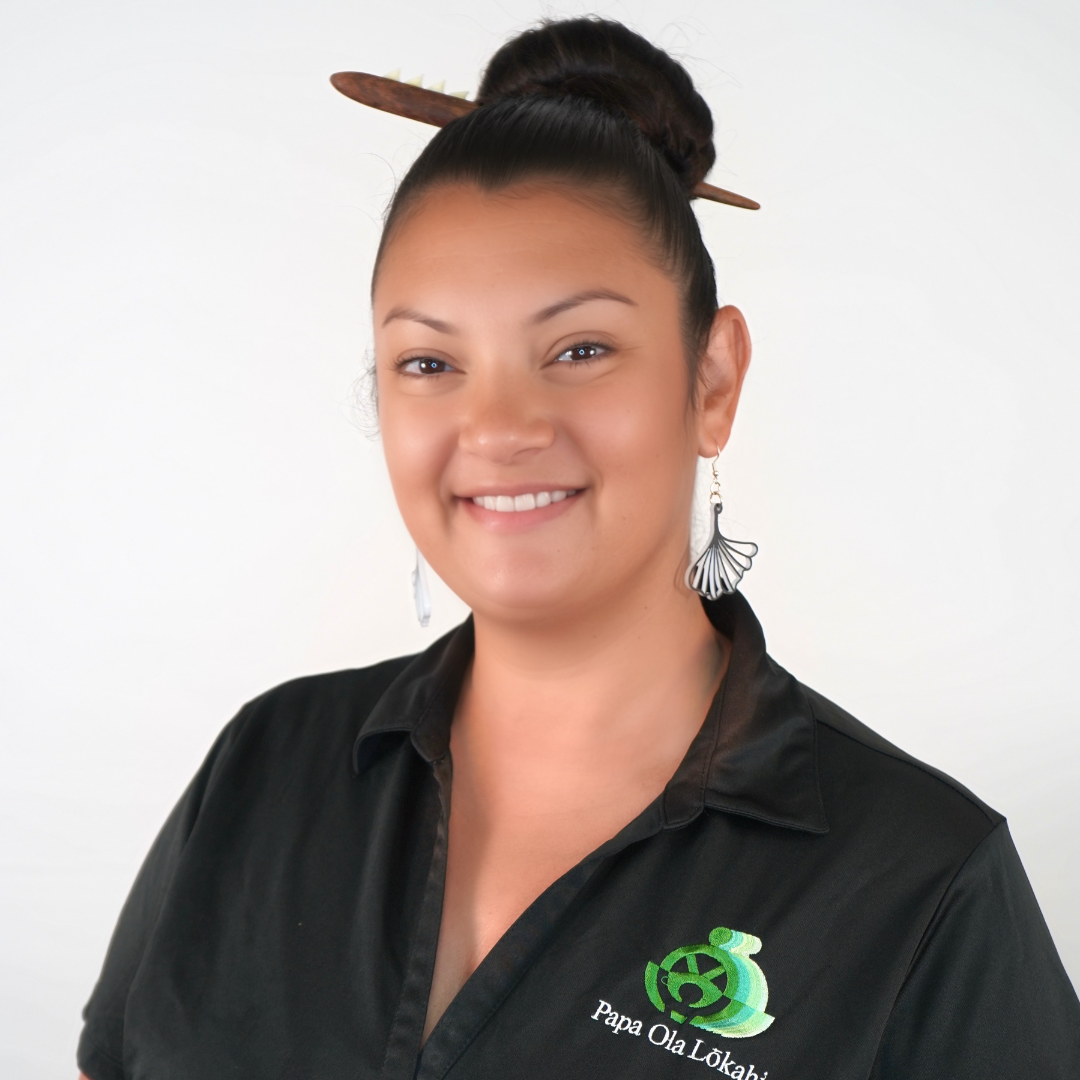
Lilinoe Kauahikaua
she/her/ʻo ia
Education & Training Manager
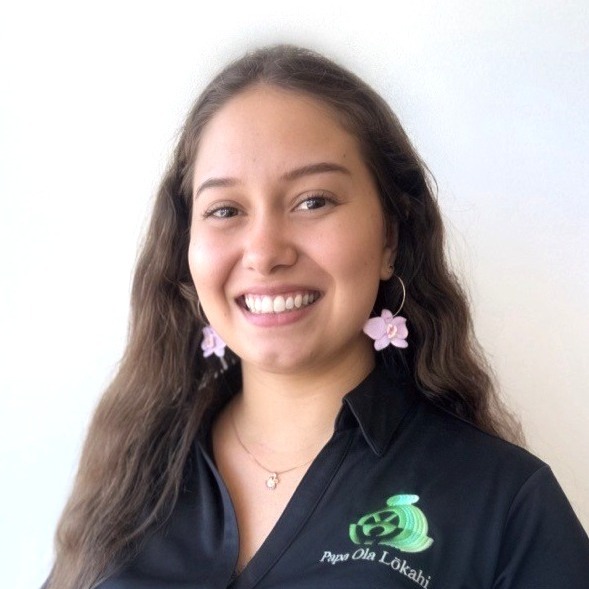
Kawehi Moderow
Population Health Specialist - Chronic Conditions, Maternal & Child Health, Sexual & Reproductive Health
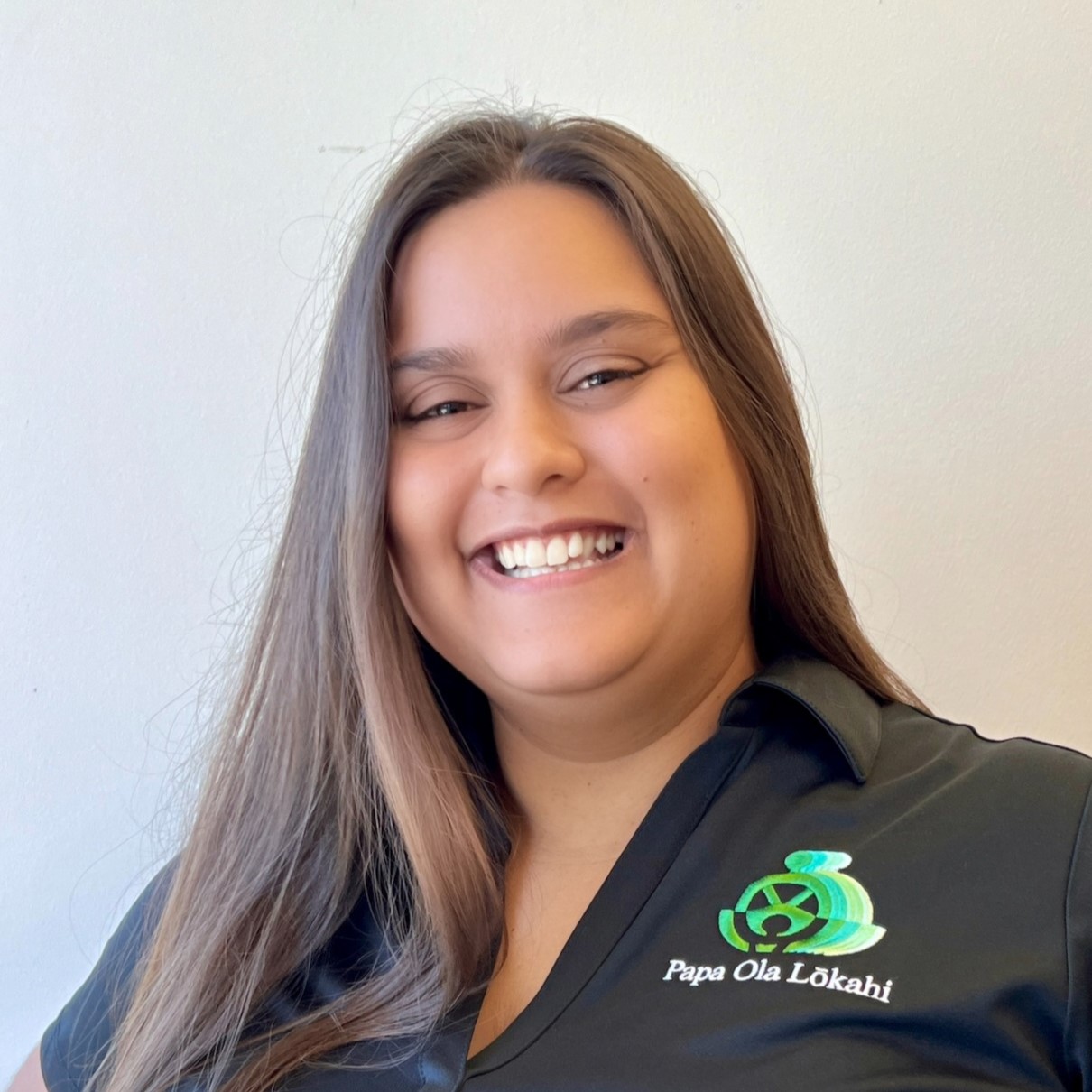
Kuaiwi Laka Kahiwakapu Pili I Haupapanui Makua
Population Health Specialist - Environmental Health, Nutrition & Oral Health
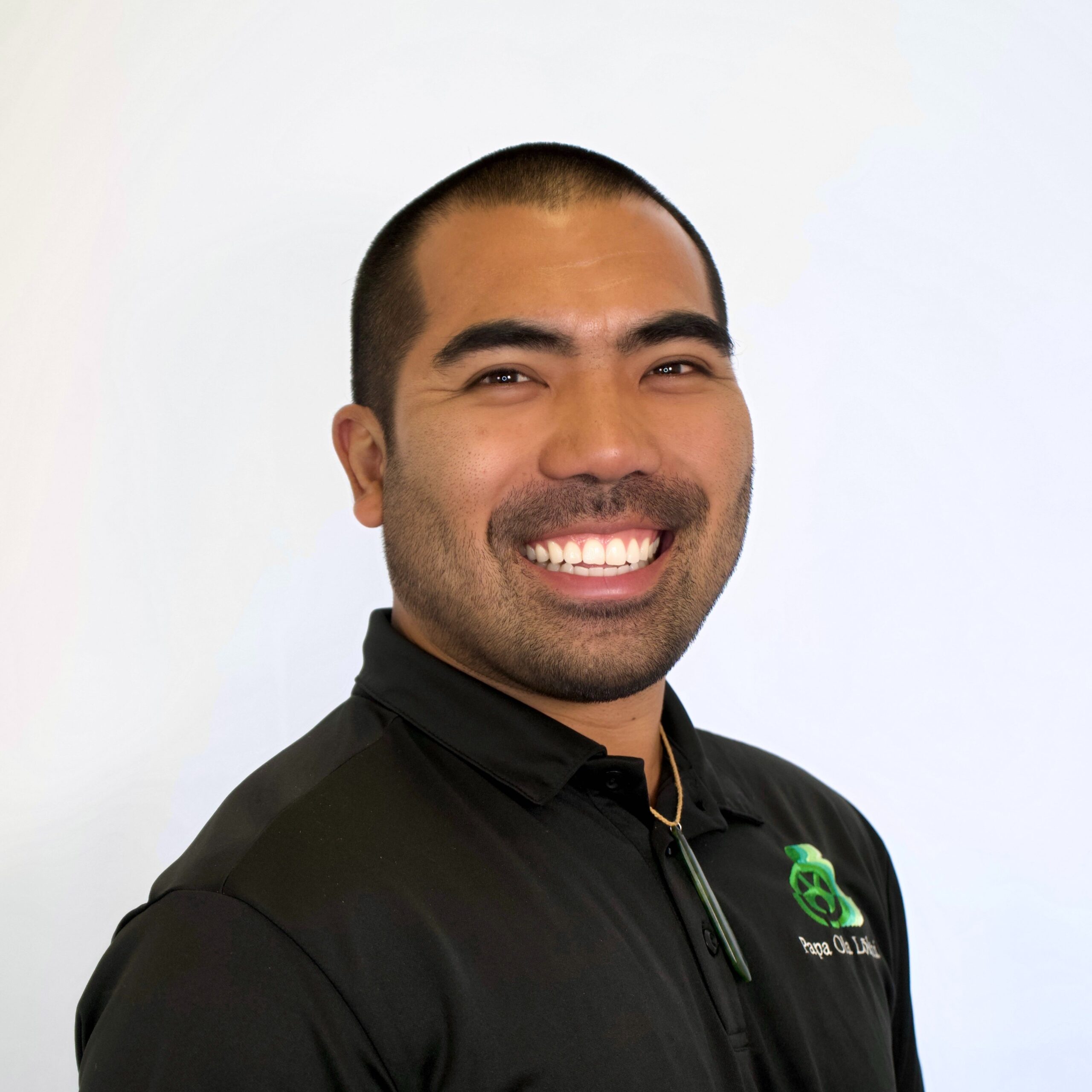
Ikaika Regidor
ʻoia/they/he
Program Manager, Community Initiatives
Contact
manao@papaolalokahi.org
(808) 597-6550
